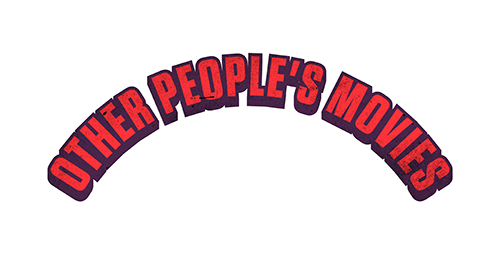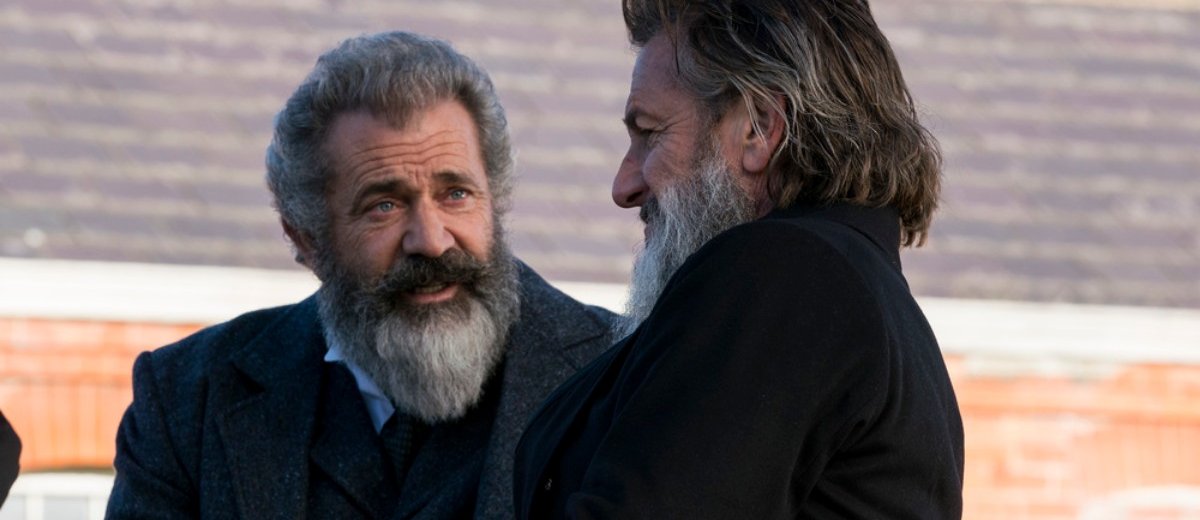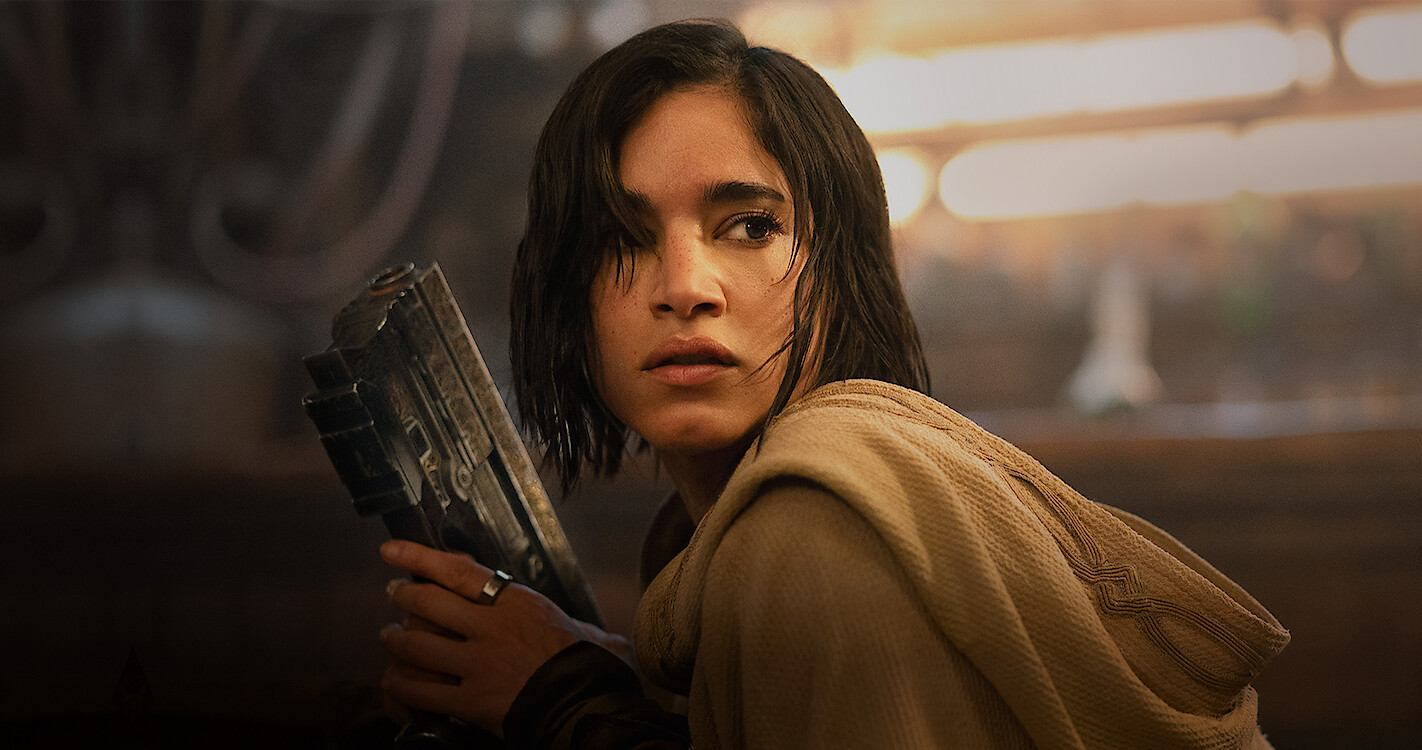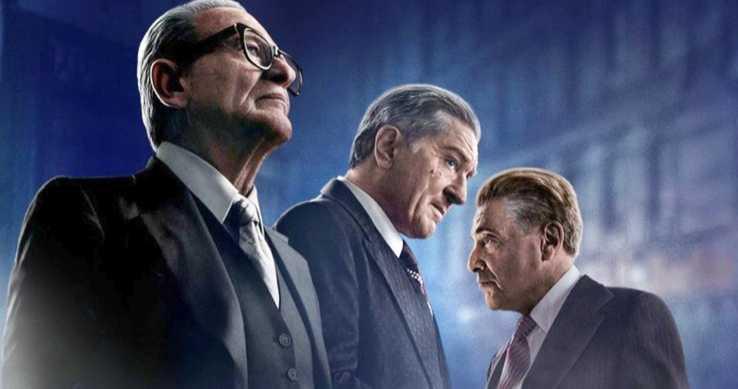
We were all heavily anticipating Martin Scorsese’s The Irishman—his long, VFX-heavy and Netflix-funded adaptation of Charles Brandt’s nonfiction narrative book, I Heard You Paint Houses. The book and film examine the life of Frank Sheenan, a mafia hitman who claims to have killed Jimmy Hoffa—the labor union leader to whom he was exceptionally close both personally and professionally—in 1975.
Many critics have hailed the film as a masterpiece since being released last November (with a controversially limited theatrical run), saying it might be the best film of the director’s legendary career. General audiences, however, have expressed disinterest and boredom with the film on social media. The Irishman seems to have caused heated debate amongst popular audiences and film enthusiasts as to what great movies truly are today. Certain remarks about Marvel movies not being real cinema that were made by Scorsese himself during The Irishman’s press tour indisputably had a hand in igniting it.
All that being said, it is with some guilt and shame that I have to admit I did not love The Irishman. Maybe it means I don’t appreciate great filmmaking anymore because I’m a big dumb American who also watches and loves a few Marvel movies, but it might also mean I’m not going to hail something as the cinematic Second Coming just because I can see what it’s trying to do or just because it’s by Scorsese and stars Robert De Niro, Joe Pesci, Al Pacino and Harvey Keitel.
Don’t get me wrong, I liked The Irishman. I appreciate its artistry. I admire the fact that I sat through its three-and-a-half–hour runtime without feeling it– for the most part, at least. Longtime Scorsese editor Themla Schoonmaker should be a household name right beside his. Steven Zaillian continues to exhibit some of the most subtle and intelligent screenwriting techniques known to man. And, it goes without saying, nobody on this planet knows how to direct a movie like Martin Scorsese– arguably the world’s greatest living filmmaker. The Irishman looks, sounds and flows like it was made by genius professionals because it was. There’s no denying it is an impressive accomplishment, but that doesn’t necessarily make it a great one.
Keitel is memorable but brief and Pesci steals the show with quiet command as Sheenan’s Mafioso mentor, but De Niro and Pacino rarely showcase the greatness we all know to be in them. They both appear to be on autopilot in The Irishman, relying on mannerisms we’ve seen and line readings we’ve heard countless times before.
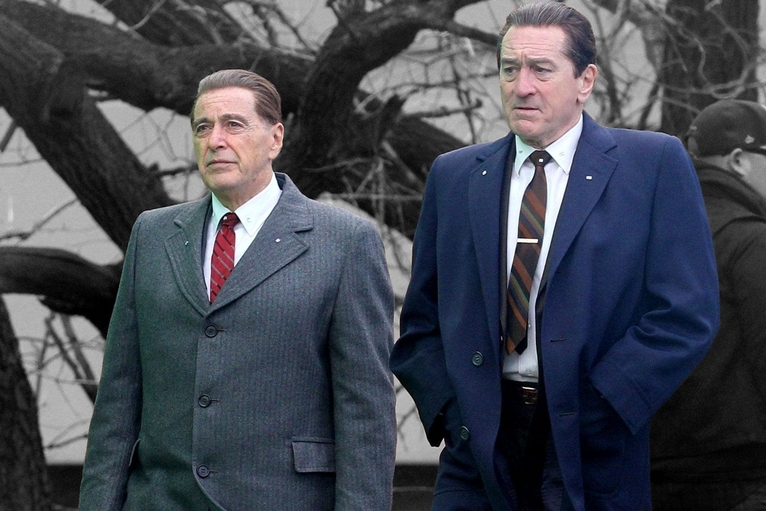
In his portrayal of Jimmy Hoffa, Pacino is entertaining but also seems to have temporarily forgotten (as he can often do) that a variety of ranges between extremely loud and extremely quiet actually can exist. He huffs, puffs, rants and raves like only Pacino can, but the heart of what drives the man is never fully understood in The Irishman (see Danny DeVito’s much-underrated 1992 film Hoffa starring Jack Nicholson for that). It’s not Jimmy Hoffa we’re watching, here, it’s Al Pacino impersonating Al Pacino impersonating Jimmy Hoffa—and a movie of this scope needs more shading and depth for such a pivotal role.
De Niro portrays Frank Sheenan in various stages of his life as he climbs the career ladder from truck driver to mob hitman to union official. He appears tired and uninterested with every age he portrays—and not in a way that suggests it’s a character choice. Of course he’s always solid (and completely nails a few key moments), but De Niro simply may have little left to give this type of character. I see more moments of inspiration in his supporting roles of the last decade (Silver Linings Playbook, Joker etc.) than I do in his massive amounts of screen time in The Irishman.
It doesn’t help that De Niro is completely physically miscast. We’ll get into his age in a moment, but there are no digital enhancements or blue contact lenses on this planet that could ever make the Italian-American icon believable as an Irishman. A younger, hungrier (and fully or at least partially Irish) presence like Colin Farrell or Sean Penn would have been been a more appropriate choice for the role.
All of the actors’ work suffers from the film’s (in)famous digital effects—which are used to de-age them at different intervals of the time-hopping story. In De Niro’s defense, his performance has to bear them the most. When the effects are most prominent, skin appears porcelain and facial expressions are noticeably flattened—particularly around the eyes. Most glaringly, the actors can’t help but move and behave like elderly men (and ones who are wearing very strange masks, at that). While viewing what is supposed to be a forty-something De Niro throw a man though a store window, I actually wanted to reach out and help him so he wouldn’t hurt himself in the process.
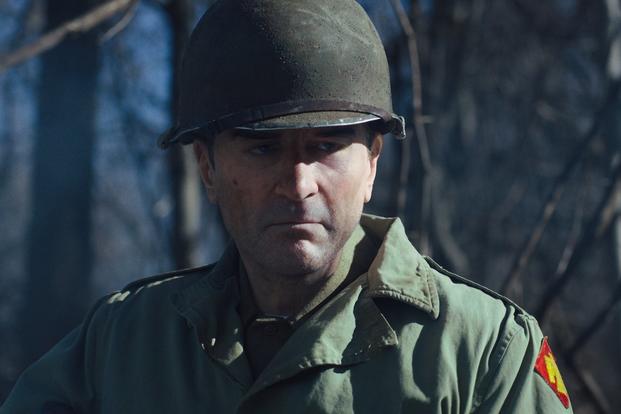
Such VFX techniques have had more success in video games or Marvel movies (sorry, Mr. Scorsese) in recent years—but that’s largely because they fit into the digital tapestry of those works. The Irishman—with its period settings and true-to-life aspirations—is completely at odds with them. Last October’s Gemini Man actually worked (in my opinion, at least) when we saw a middle-aged Will Smith battle his twenty-something self. This is partially because Smith is still in good enough shape to pull it off, but it’s mainly because the effects perfectly blended into that particular film’s slick blockbuster aesthetics.
From a historical perspective (the accuracy of which is questionable depending on which account you read), the film is fascinating. However, the unique combination of gusto, passion and humanity that is always present in Scorsese’s greatest works– even the quieter ones like Kundun or Silence–is missing from The Irishman. You don’t feel any love or hatred between the characters, you just dispassionately observe them with no connection or empathy.
When Hoffa tells Sheenan halfway through the film that he loves him, it comes across forced and abrupt. When Sheenan desperately attempts at a reconciliation with his estranged daughter (Anna Paquin) later in life, it’s not entirely believable that he would care. The Irishman may succeed at being a stimulating intellectual experience, but it ultimately fails at being an emotionally engaging one.
Many critics have praised Scorsese’s subdued style for The Irishman and how it reflects its spiritual themes of guilt, regret and loss in the final stages of life—but I simply found the film to be a tad flat. For all the massive efforts put behind it, watching The Irishman and the strained performances of De Niro and Pacino within it is kind of like watching your grandfather hang Christmas lights from a tall ladder. You applaud the effort, but you’re also trying to figure out a polite way to tell him that he really shouldn’t be doing this anymore.
GRADE: B
